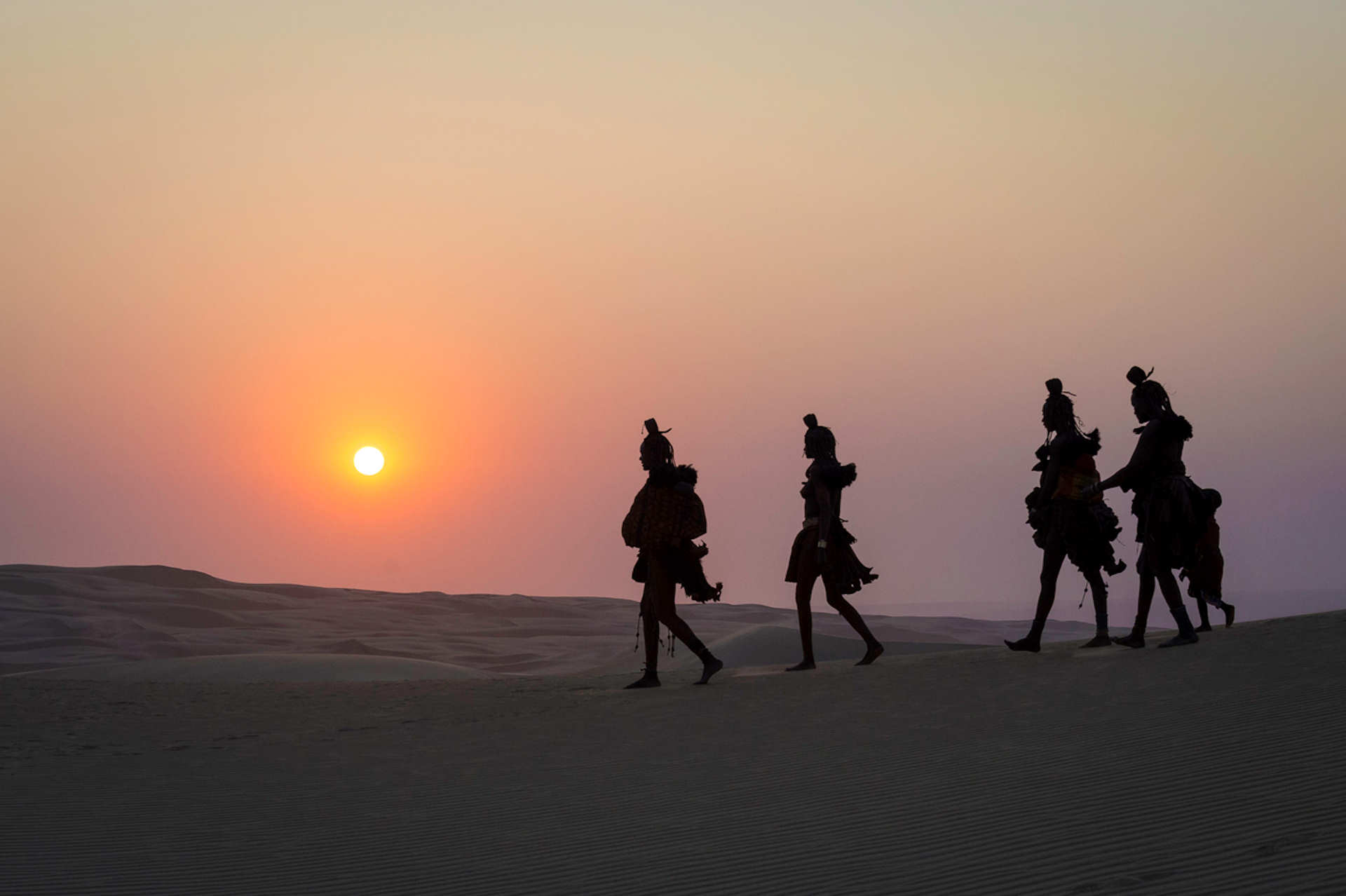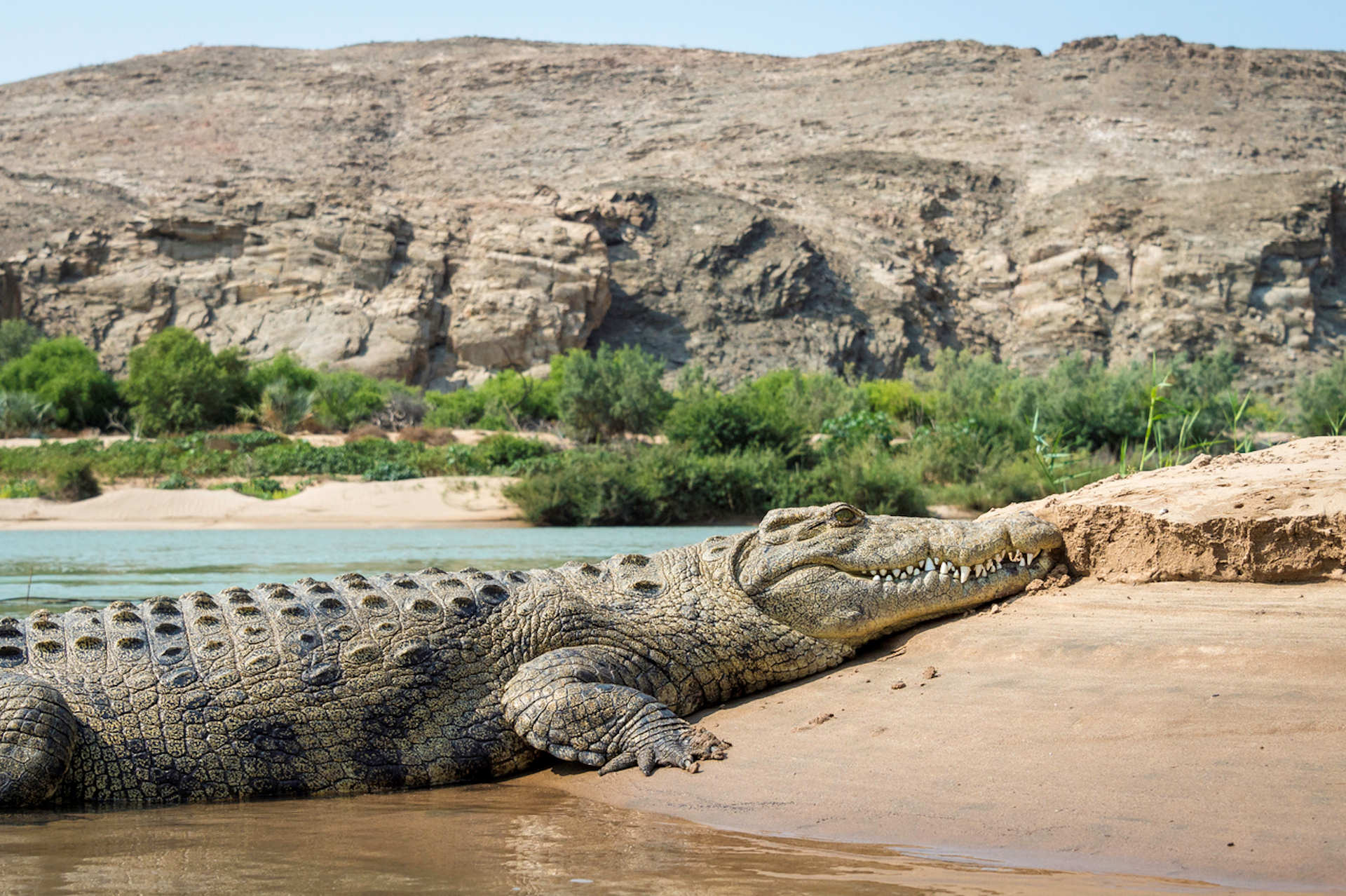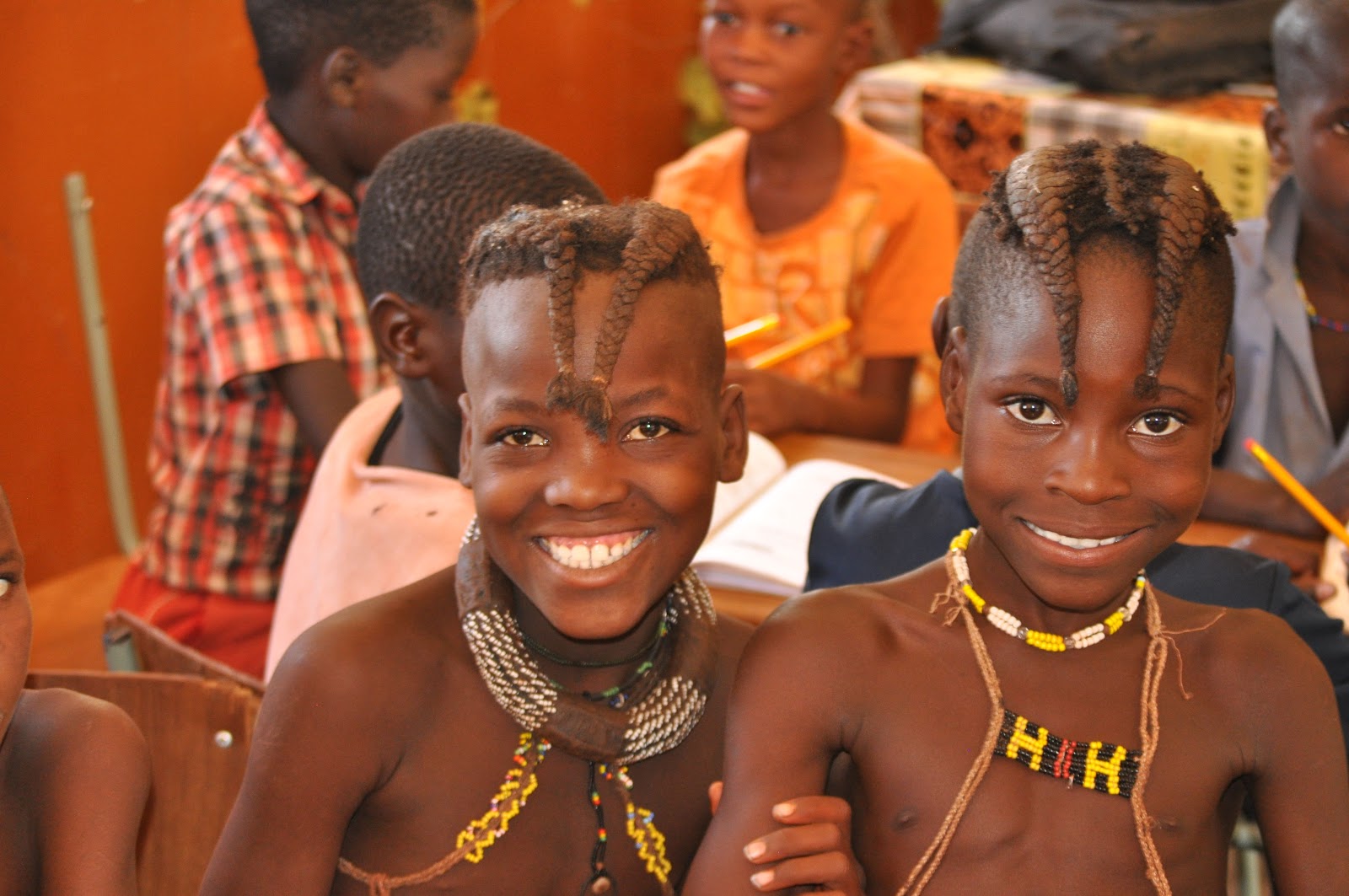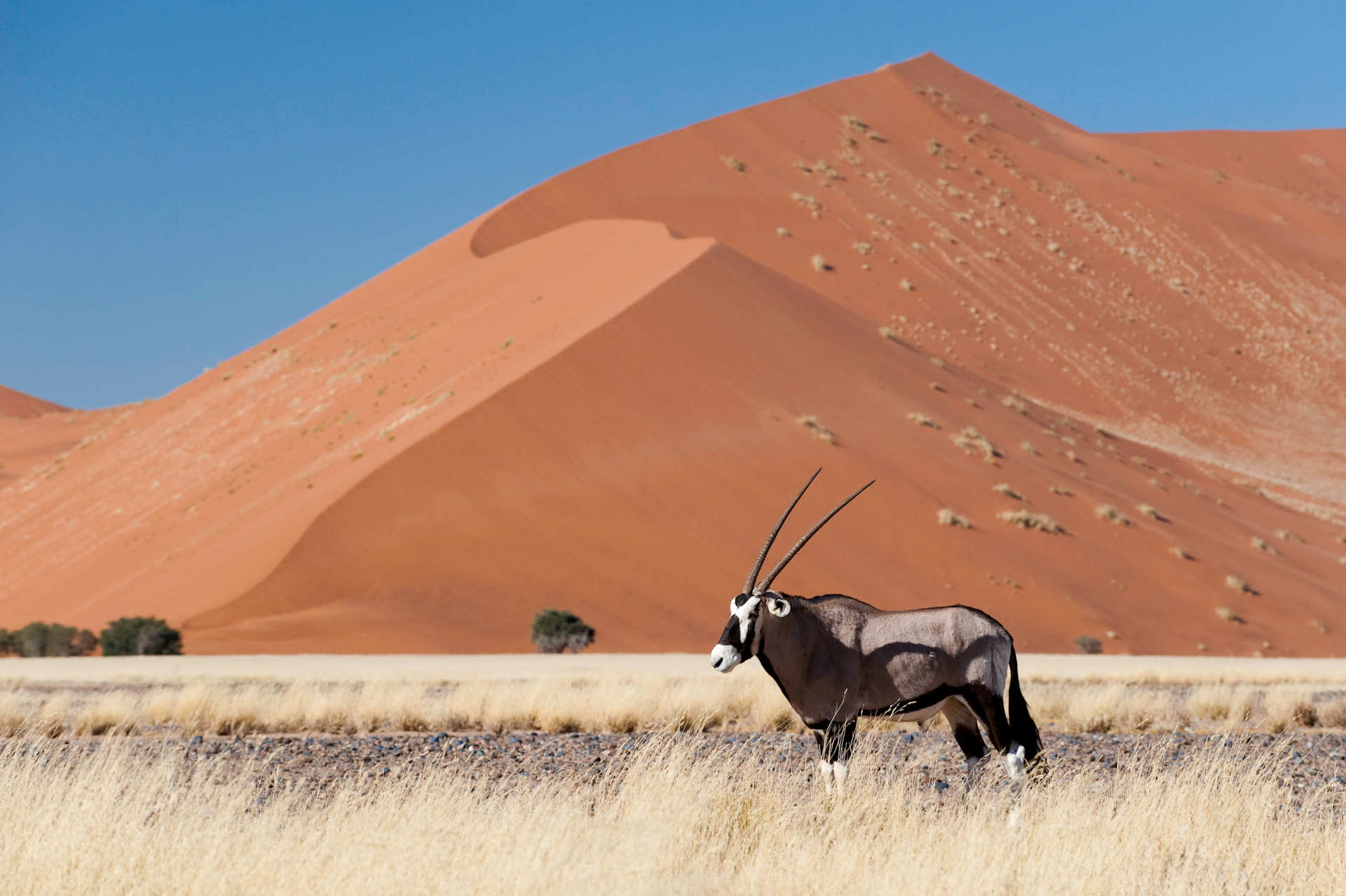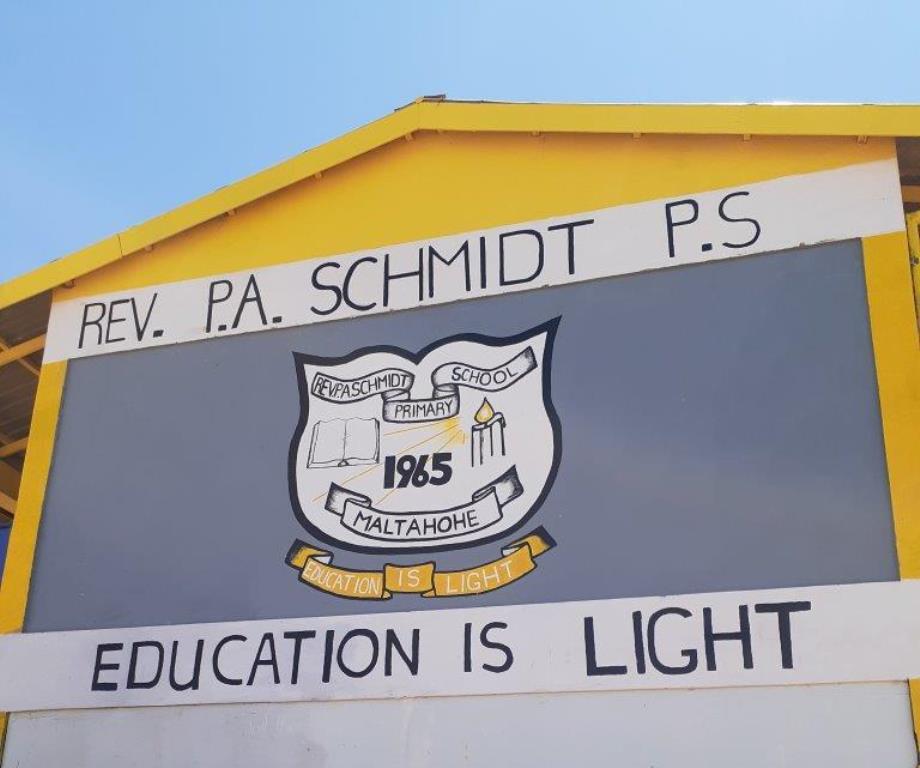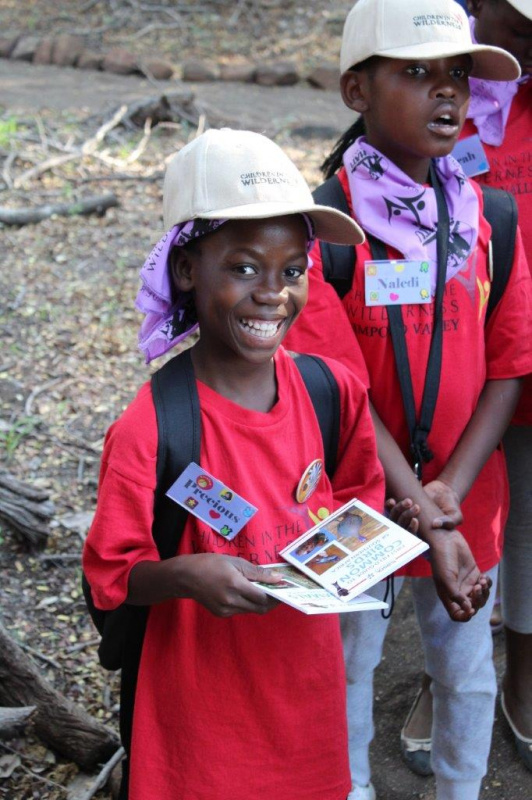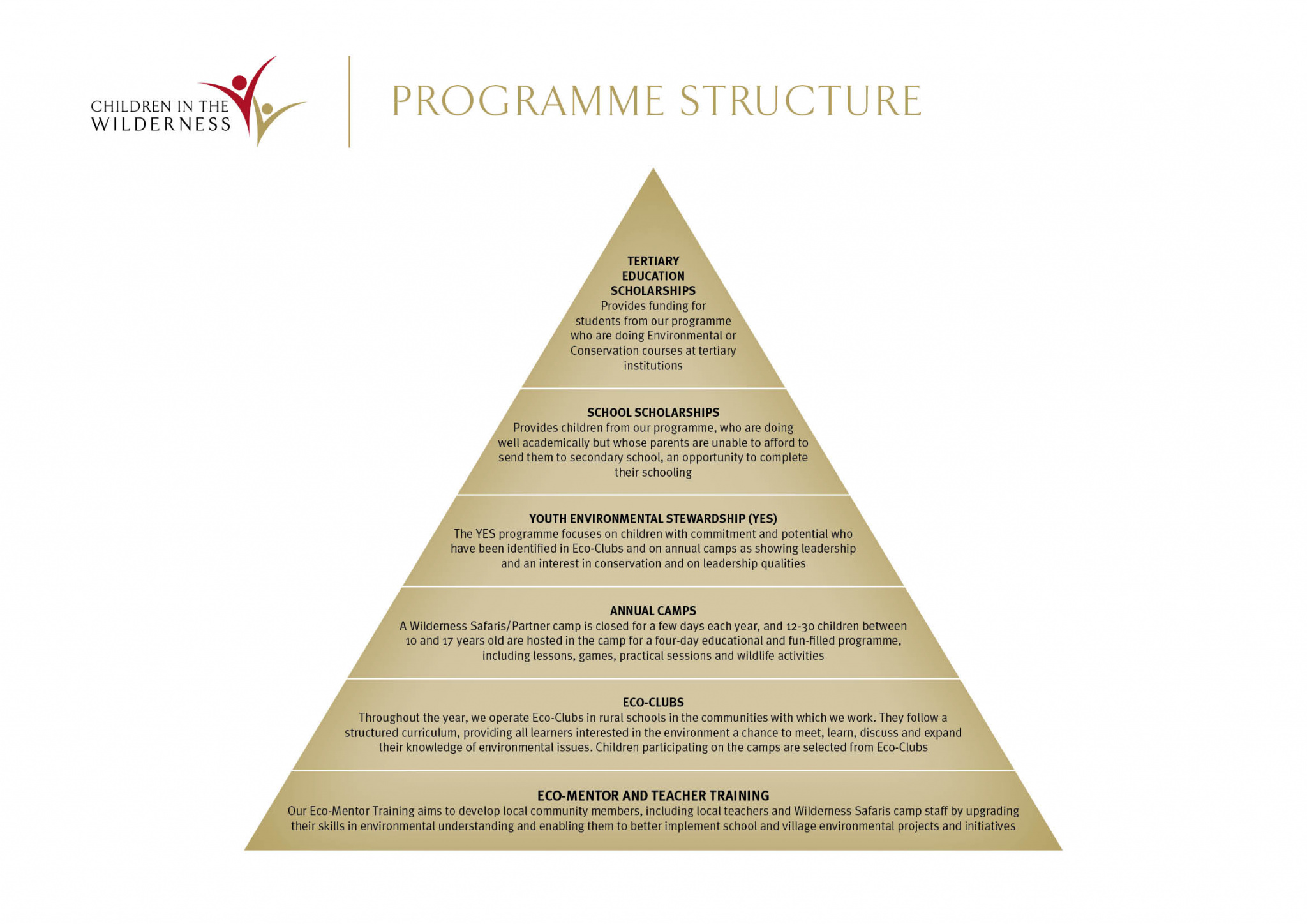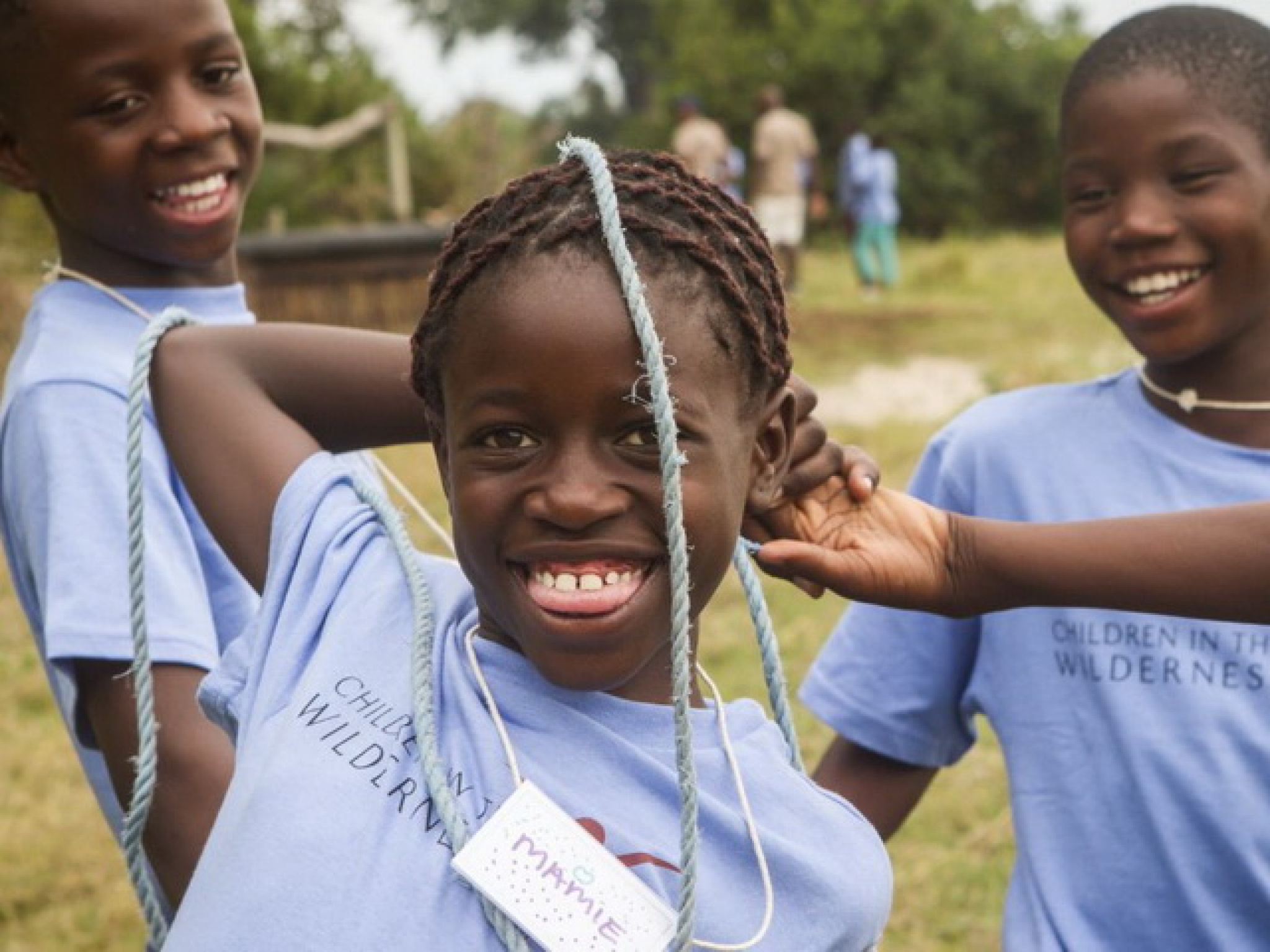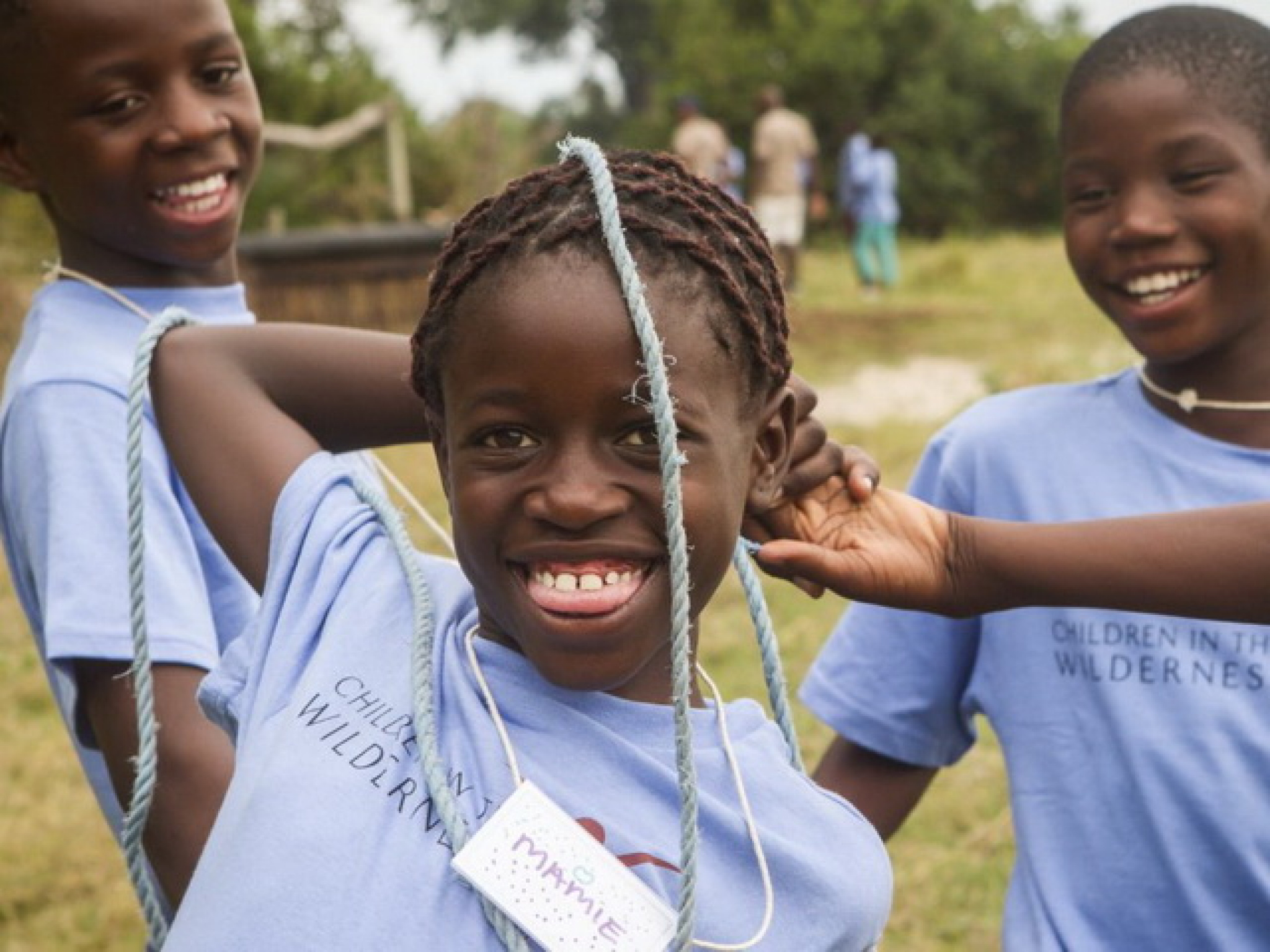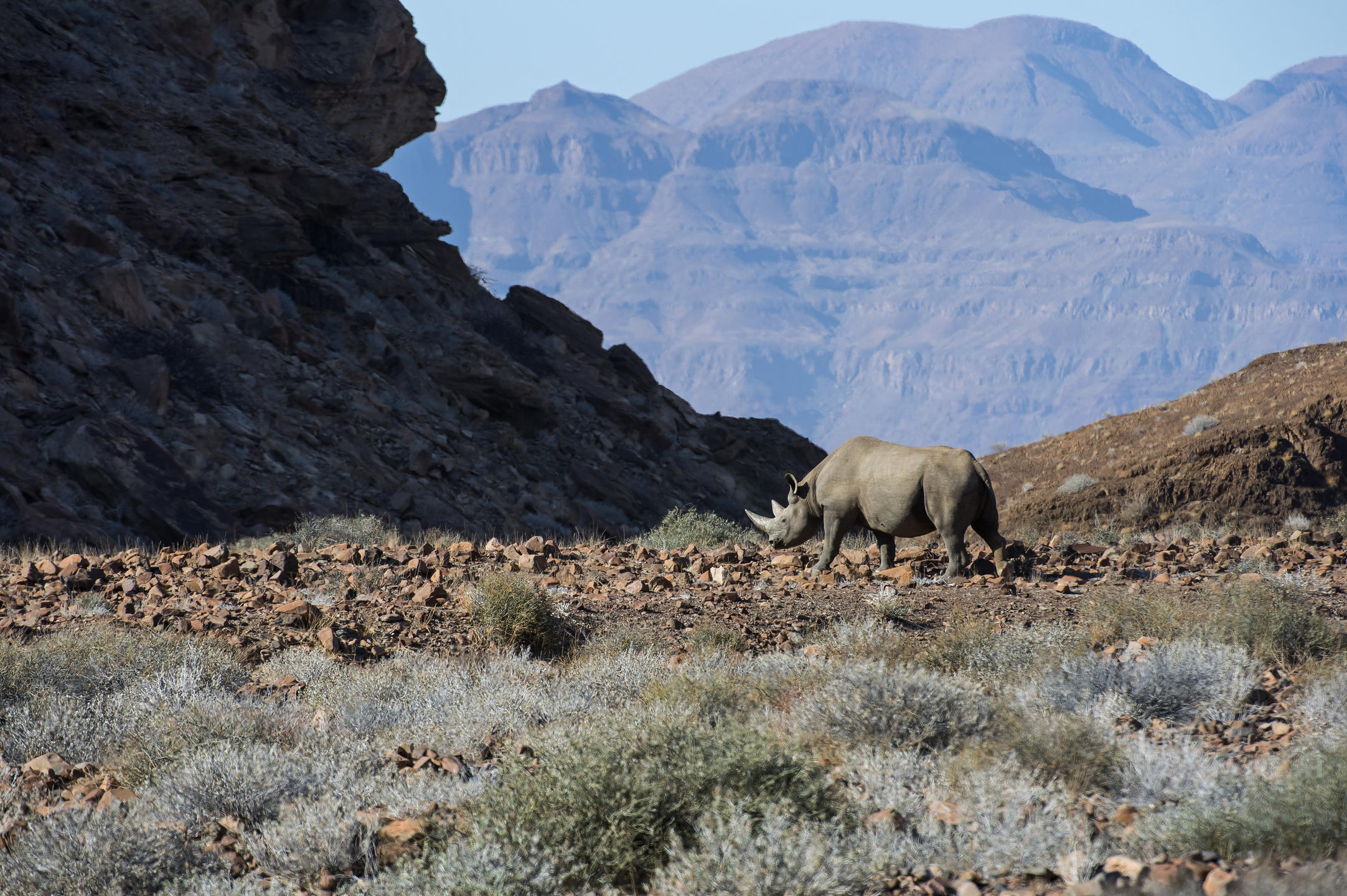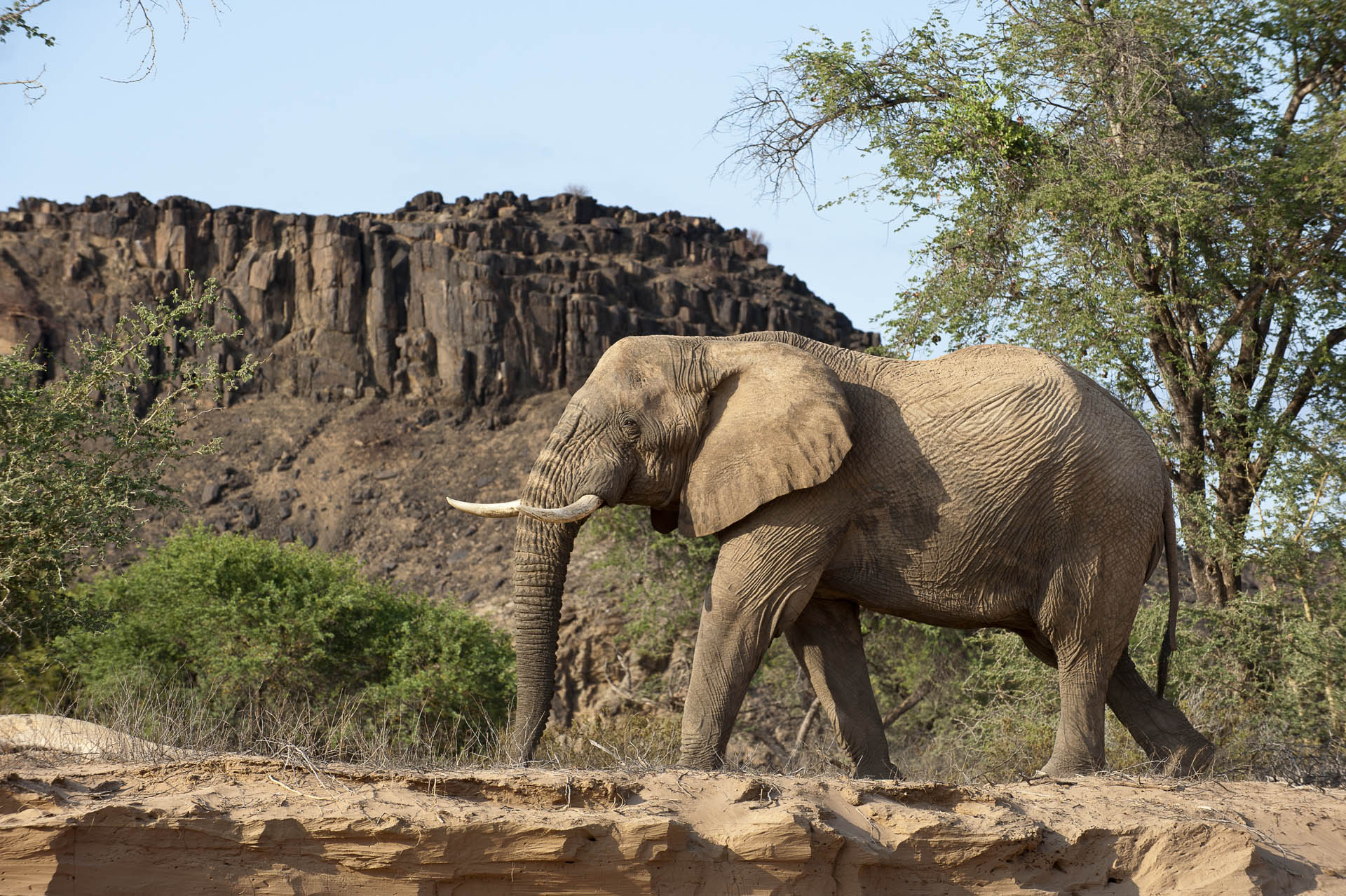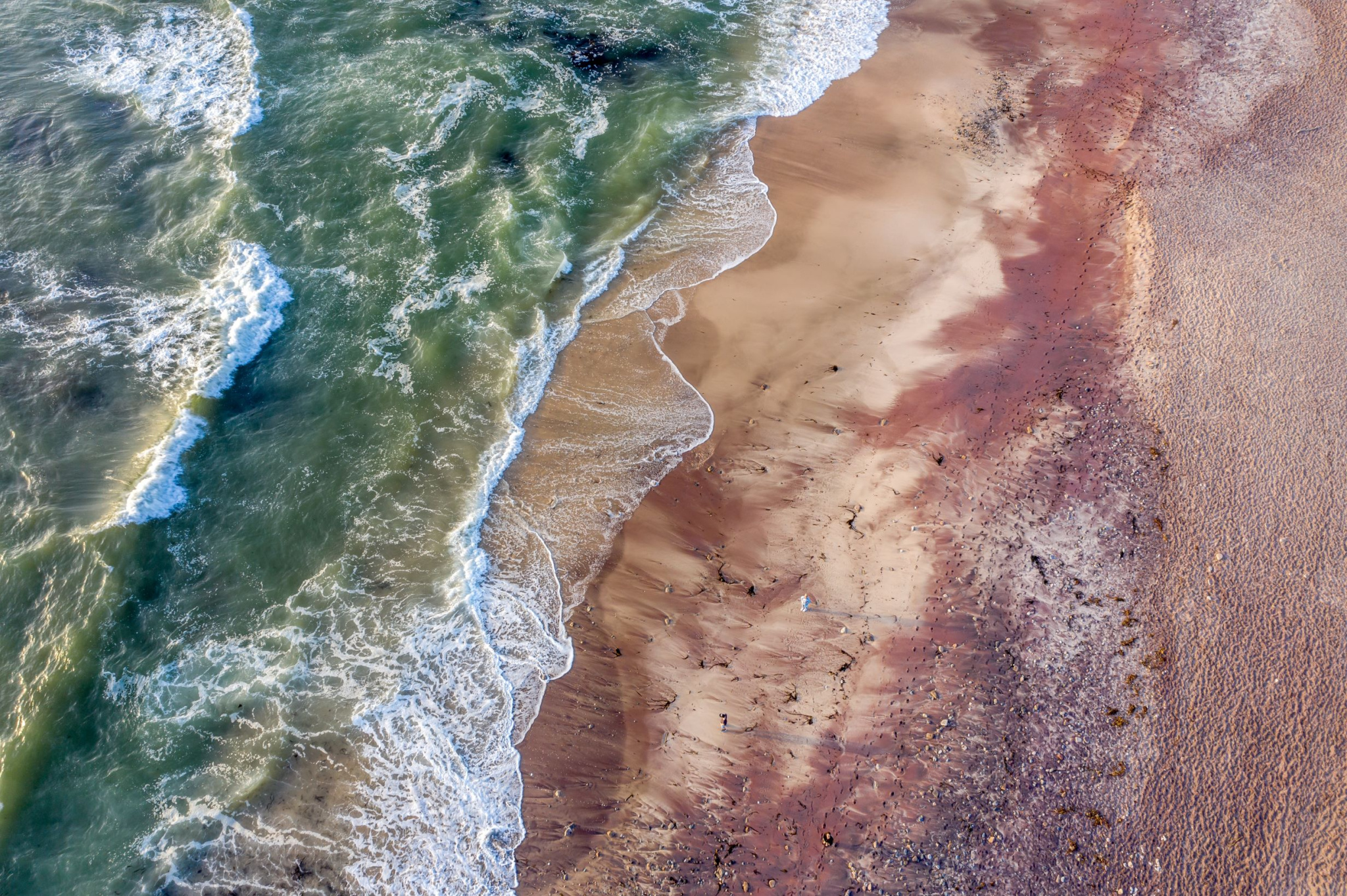
Namibia is a country of Southern Africa that has no equal in terms of large spaces and naturalistic gems, including the Namib Desert, Skeleton Coast, Kalahari, Kaokoland and Etosha Park. The capital Windhoek has an architecture strongly influenced by the German colonial era, as well as its cuisine and culture, but at the same time has the colors, sounds and rhythms of a modern African city. The diverse natural habitats it hosts, away from cities, are the real attractions of Namibia which it protected by its several national parks, local conservation programs, community forests and private reserves. Namibia was the first African country to incorporate environmental protection into its constitution and to offer its communities the opportunity and right to manage their local fauna through municipal reserves. Today, more than 43% of Namibia's area is protected and features some of the most important parks in southern Africa such as Etosha National Park, a vast saline plain, sanctuary" of African fauna. Other protected areas are the orange dunes of Sossusvlei, with their surreal spectacle created by the trunks of still standing dead acacies and the Damaraland where it is easy to meet the black rhinoceros or desert elephants. Namibia has the largest population of black rhinos and cheetahs in the world, the largest number of growing free lions and is the only country that has seen its elephants double to 16,000 in a few years, turning its commitment to environmental conservation into one of the most successful stories in the recovery of African wildlife.
A passport valid for 6 months from the date of return is required. No special visa is required for Italian passports. On entry into the country the passport is endorsed with a tourist visa (maximum stay allowed three months). The passport must have at least 4 blank pages for visas. We advise citizens not in possession of an Italian passport to check the necessary documents through the competent authorities.
If travelling with minors (under 18 years of age) arriving in, transiting through or departing from South African territory, each minor must have an individual passport and a multilingual birth certificate in which the names of his or her parents are listed, even if accompanied by both. In addition, if the child is travelling accompanied by only one parent or guardian, he or she must be in possession of an affidavit (in the form of an affidavit) indicating parental consent.

